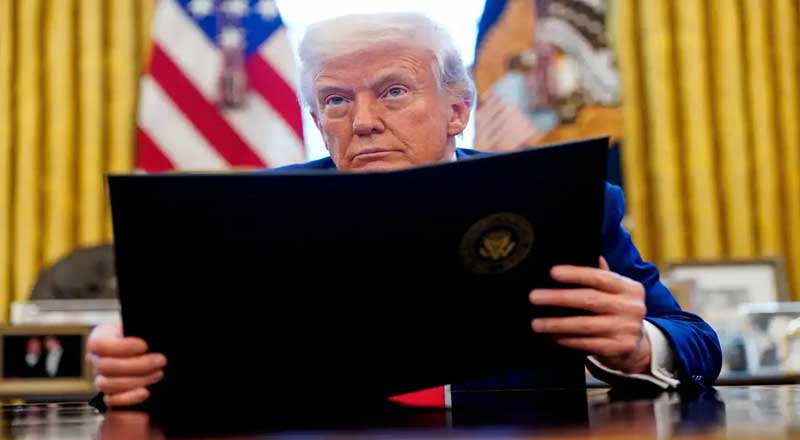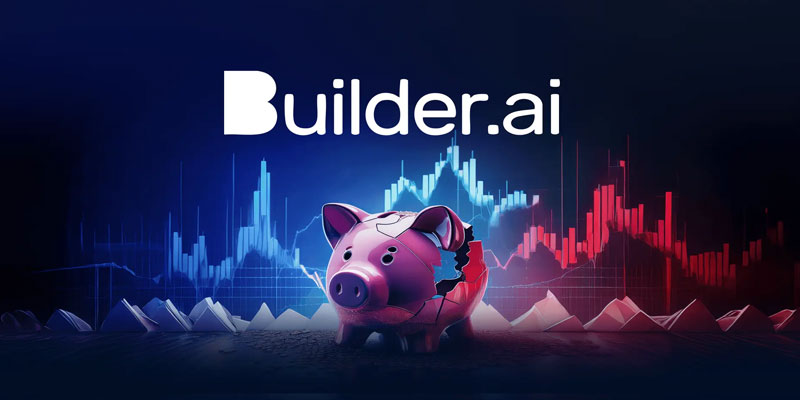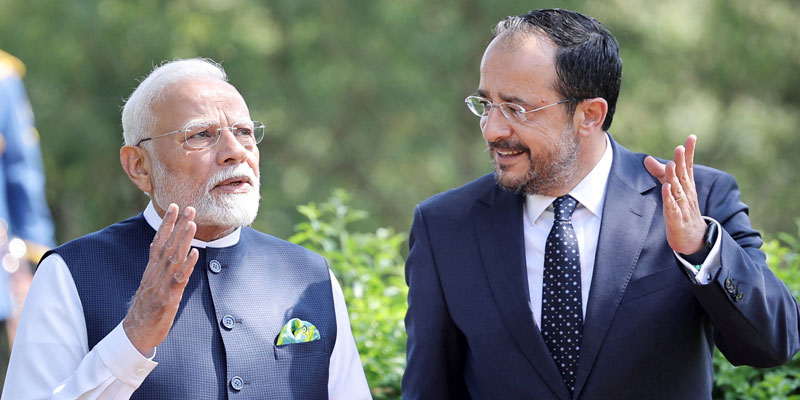The latest market upheaval exposed just how reactive the financial system is to sudden changes in trade policy. U.S. benchmarks—the Dow, S&P 500, and Nasdaq—suffered steep declines amid escalating trade tensions.
A dramatic sell-off in the $29 trillion Treasury market served as a pivotal moment, prompting President Trump to suspend his administration’s planned tariffs. The policy shift toward economic protectionism sparked widespread unease, disrupting investor expectations rooted in decades of open trade frameworks.
Bond markets were hit hard as investors swiftly offloaded Treasurys, pushing yields higher. The move reflected mounting fears over rising borrowing costs and a potential slowdown sparked by trade friction.
These yield spikes were more than technical shifts—they signaled broader macroeconomic fears. Climbing interest rates hinted at tightening financial conditions and fueled concerns about inflationary pressures and economic drag.
The administration’s eventual pause brought temporary calm. Trump's comments appeared calibrated to reassure investors, signaling a recognition of the financial market’s influence on policy navigation.
This moment also reignited debate over the so-called "bond vigilantes"—a term for investors who protest fiscal moves by exiting bond positions, effectively applying market pressure on government decisions.
Initial complacency in the market quickly gave way to alarm. The abruptness of the policy triggered a swift pivot from cautious optimism to full-scale risk aversion, revealing fragile investor confidence.
That shift translated into a rapid-fire sell-off, not just in bonds but across equities. The breadth and speed of the retreat underscored just how nervous markets had become about the real-world fallout from political maneuvers.
Compounding the domestic impact were fears of global spillover. In a tightly interlinked economy, tariff escalations can ricochet across borders, raising concerns of a broader economic slump.
This episode offered a stark reminder of how interconnected markets and policy truly are. The combination of political brinkmanship and investor reaction unleashed a cascading effect—revealing how swiftly sentiment can shift when confidence is shaken.

Breaking News





















